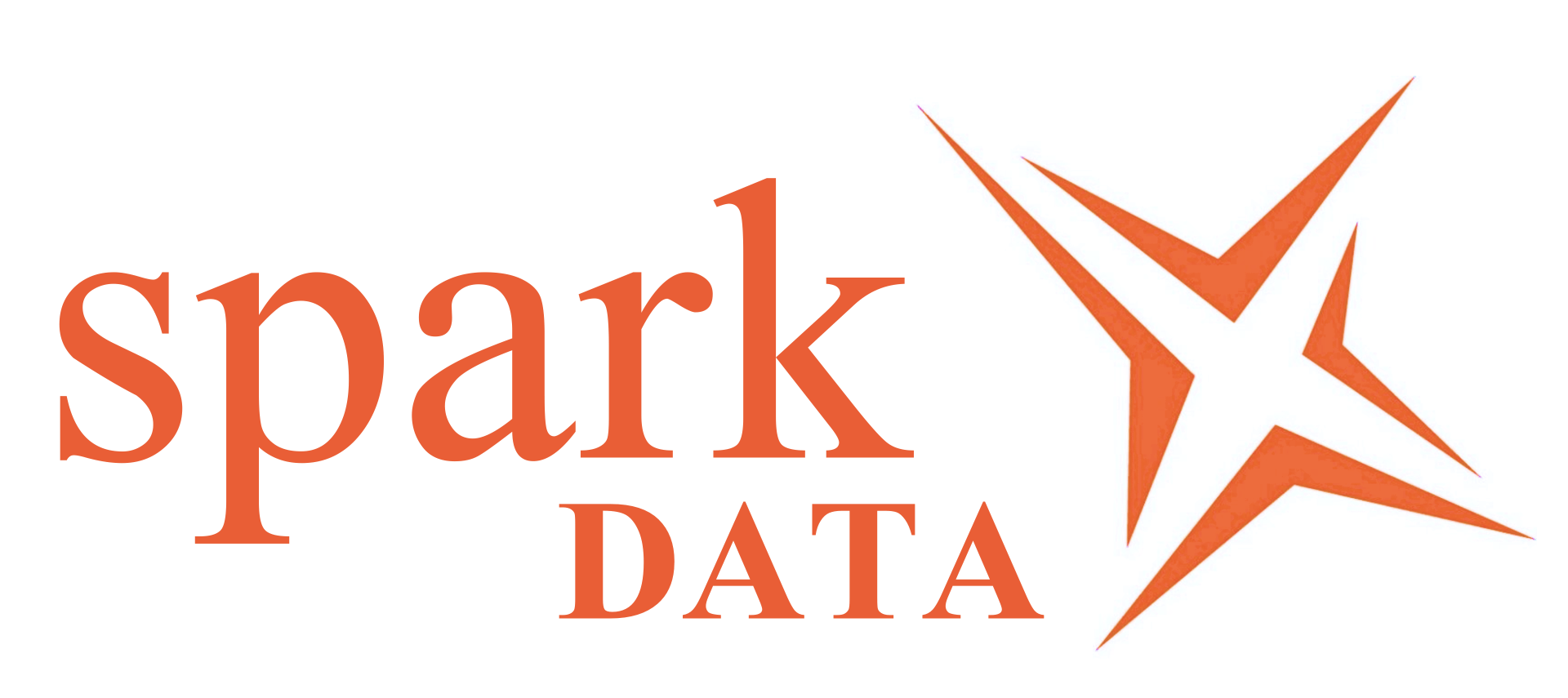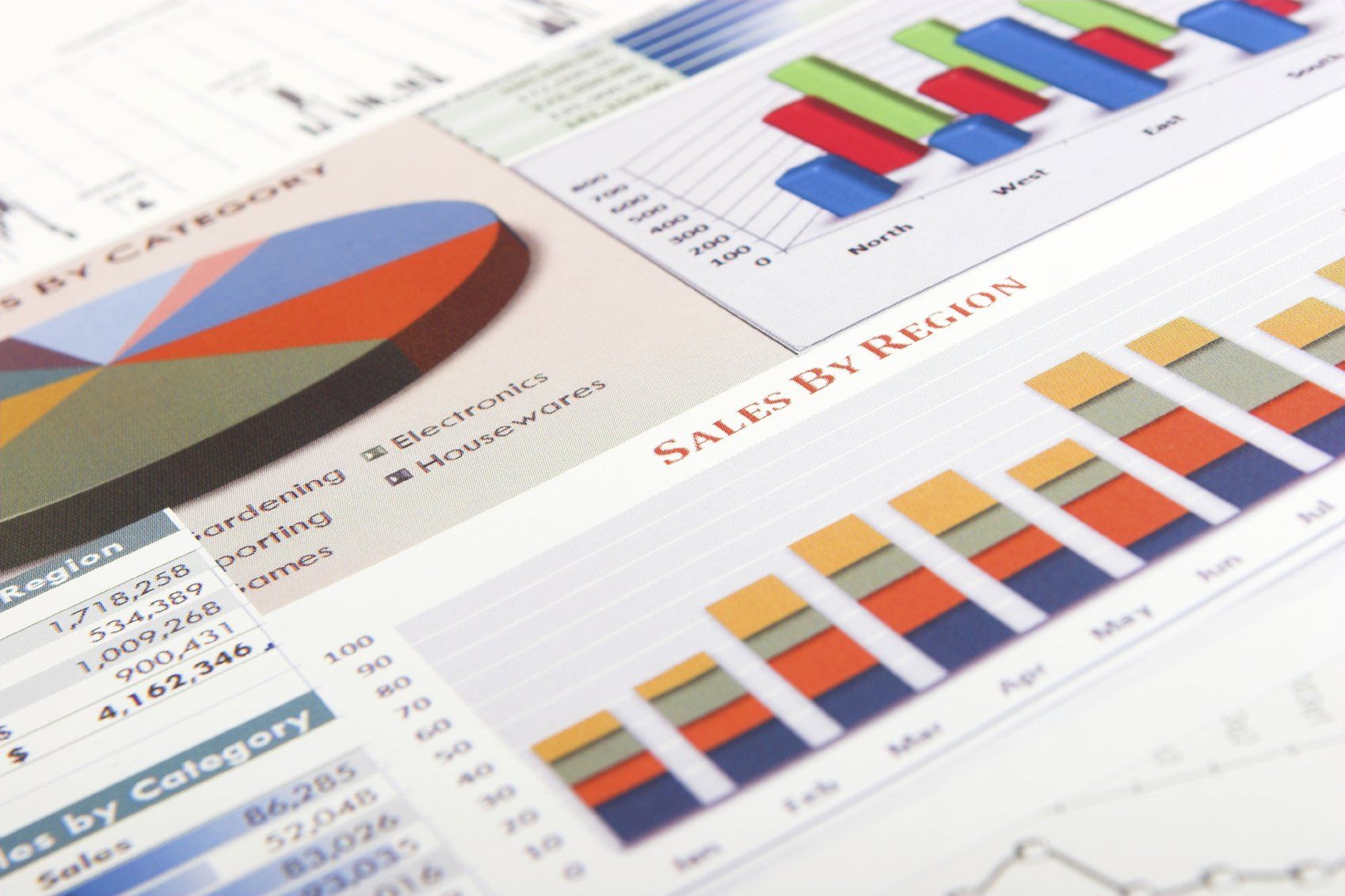Has Data Science Finished Off the Survey?
Hybrid data is the way forward

In a previous article, we argued that online surveys are compromised through poor quality. With advanced analytics able to give critical business insight from existing data, has data science finished off the online survey? We look at the issues.
The evolution of data collection
Data science has revolutionised the way we collect, analyse and interpret data. With advanced algorithms, machine learning and big data analytics, marketers now have unprecedented access to real-time insights from vast amounts of information. Social media interactions, website analytics and transactional data provide a continuous stream of behavioural data that can be mined for patterns and trends. This shift allows for a more dynamic and comprehensive understanding of consumer behavior, potentially rendering traditional surveys outdated.
The reduced importance of surveys in the age of data
Surveys have long been a cornerstone of market research, providing direct insights into consumer attitudes, preferences, and intentions. However, the limitations of surveys are becoming more pronounced in the era of data science. Surveys often suffer from biases, low response rates and inaccuracies due to self-reporting. Additionally, they typically provide a snapshot in time, which can quickly become outdated in a fast-paced market environment.
Brand metrics in a data-driven world
Key marketing metrics such as brand awareness, consideration, purchase, and loyalty have traditionally been gauged through surveys. Brand awareness surveys ask consumers if they recognise a brand, consideration surveys gauge if a brand is in the running for a purchase, purchase surveys identify actual buying behaviour and loyalty surveys assess repeat purchase intentions.
With data science, these metrics can now be measured more accurately and in real-time. For example, brand awareness can be inferred from social media mentions and search engine queries. Consideration can be tracked through website behaviour and product comparisons. Purchase data is readily available from transactional records and loyalty can be monitored through repeat purchase patterns and customer lifetime value analysis.
The persistent value of surveys
Despite the advances in data science, surveys are not entirely dead. They continue to offer unique advantages that automated data collection cannot fully replace. Surveys allow for direct questioning about specific topics that might not be evident from behavioural data alone. They can capture qualitative insights, such as emotional drivers, perceptions and motivations, which are crucial for understanding the "why" behind consumer actions.
Further, surveys provide a way to test hypotheses and validate findings from data analytics. For instance, if transactional data shows a decline in repeat purchases, a survey can help uncover the underlying reasons, such as dissatisfaction with a product feature or customer service issue.
Integrating surveys and data science
The optimal approach for modern marketing strategies is to integrate surveys with data science. By combining direct feedback from surveys with the rich, continuous data provided by analytics, marketers can gain a holistic view of consumer behavior. This integration enables a more nuanced understanding of brand metrics and enhances the accuracy of insights.
For example, a comprehensive brand health study might use survey data to assess overall brand perception while leveraging social media analytics to gauge real-time brand sentiment. Purchase intent data from surveys can be cross-referenced with actual sales data to identify discrepancies and opportunities for intervention.
Conclusion: A hybrid future
In the age of data science, declaring the survey dead would be premature. Instead, surveys should evolve and adapt to complement the wealth of information provided by modern data analytics. For senior marketing managers, the challenge lies in balancing these tools to derive the most actionable insights. By embracing a hybrid approach, combining the strengths of both surveys and data science, marketers can achieve a deeper, more comprehensive understanding of their customers, driving more effective strategies and better business outcomes.










